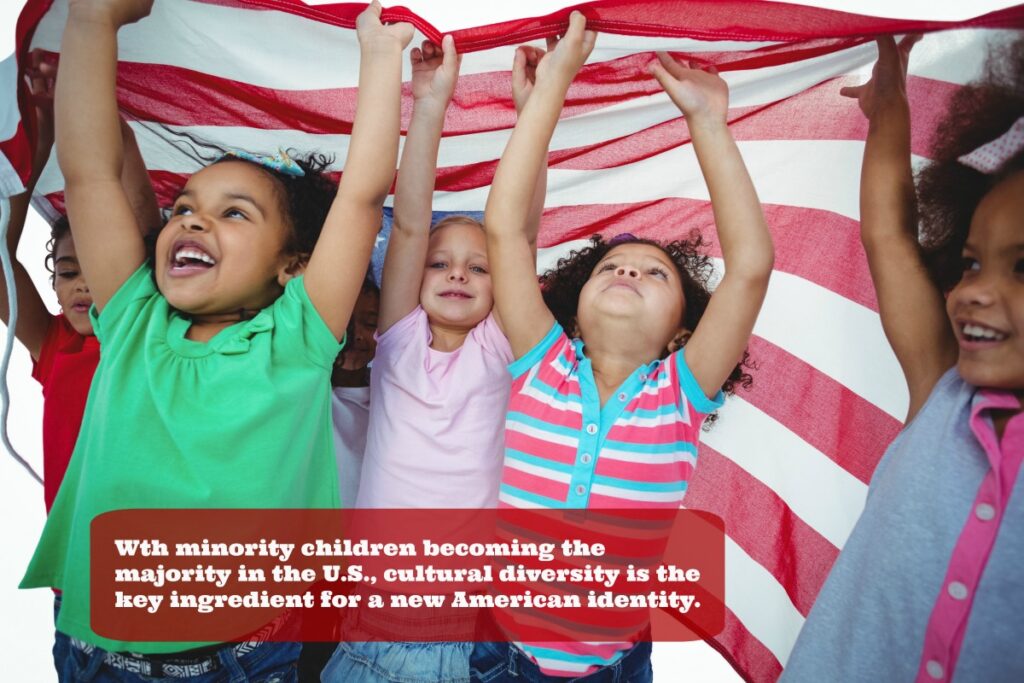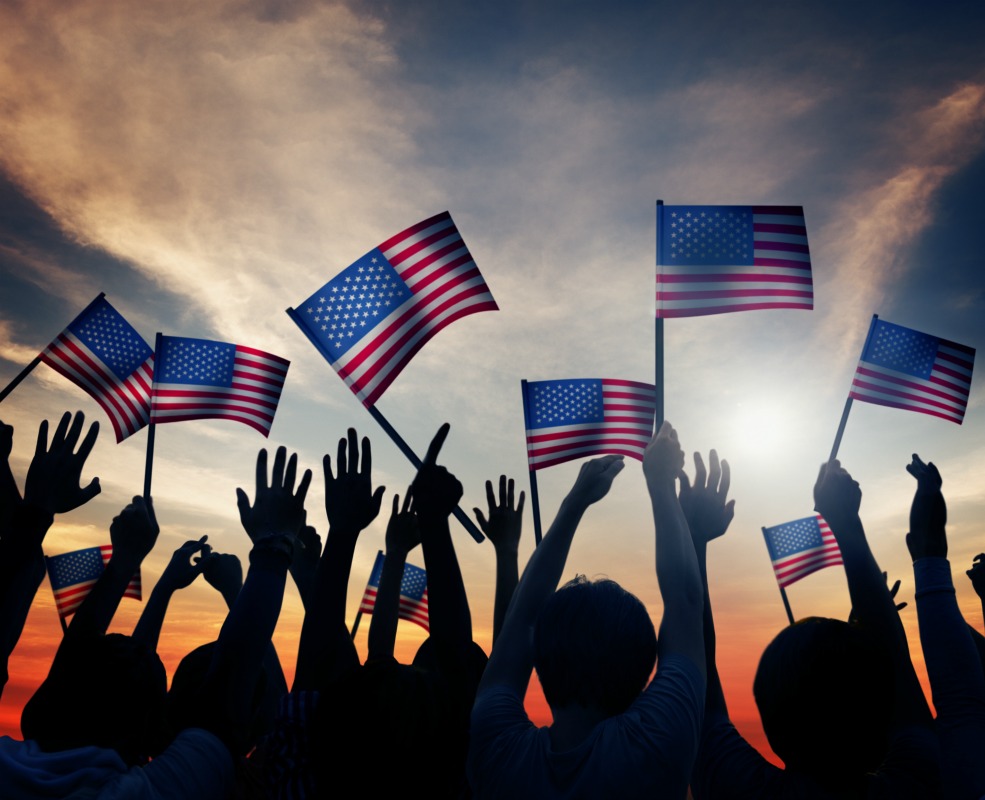
One of the things I am most proud of as a mom is raising my children to be bilingual and multicultural. However, if you saw me interacting with my tiny, almost two-year-old son, you might be confused. This kid resists learning Spanish—when I say “buenas noches,” he responds with “good night.” Although this might seem trivial, it’s a clear example of how American Latinos are leading the multicultural revolution.
Without even knowing it, my toddler is asserting his American identity by favoring English. Even though he can say everything in both languages, his individuality won’t be shaped solely by being Latino or a Spanish speaker. It will be the product of much more: he is part of the next generation of multicultural Americans who can seamlessly navigate multiple cultures and languages.
For generations, despite the obvious diversity in this country, multiculturalism has often been viewed as a foreign concept. This is because societies typically become culturally diverse through immigration and the influx of people from different parts of the world. Nowadays, though, there’s a shift in this reality as we witness American Latinos leading the multicultural revolution in the United States from the inside out.
—Oh, really? You might be asking. The answer is a resounding YES!
More than ever, we need to recognize the multicultural phenomenon in America for what it is: an evolution happening among Americans themselves. While this evolution is partly due to the growing number of mixed relationships over the last few decades, there are now more multicultural citizens than immigrants in this country. And if you pay close attention, you might be surprised by what mixed-heritage and multiculturalism look like in 2016.
It’s also clear that American Latinos are at the forefront of this multicultural revolution, and here’s why: they are 100% American, with values and cultural identities inherent to the United States, while also proudly embracing their roots and heritage. In many cases, that heritage is tied to more than one country in Latin America, so they are truly living two or more cultures daily, with unique experiences shaped by each of those cultures.
While immigration has undeniably influenced and contributed to the multicultural nature of the United States, it’s the American-born, younger generation that is making the most significant impact and embracing multiculturalism as a way of life. Of course, American Latinos aren’t the only ones driving this change—Asian Americans, African Americans, Native Americans, and other minority groups are part of this evolving process. However, the growing numbers and purchasing power of American Latinos have made them the face of this definitive shift.
When we hear about Latinos, we often hear about immigration—particularly undocumented immigration. But the reality is that the Latinos leading the multicultural revolution aren’t those coming from Latin America. On the contrary, research shows that the growth among Hispanics and Asians is primarily due to births in the United States.
What does this mean, and why does it matter to you?

It means we are changing as a nation, and how we relate to one another will determine the future for generations to come. As James Carroll, a columnist for The Boston Globe, once said in an NPR interview, “It’s quite clear from demographic trends that within a generation, whites in America will be in the minority. It’s quite clear that this country has to define itself much more fully by its diversity, by people of different colors and different national origins and different religions.”
Change is unavoidable, and it’s important to understand that this change is the natural evolution of a country that represents the cultures of the world. However, it must be clear that the main changes we are seeing come from a new generation of Americans—not the immigrants themselves—who are embracing all the layers of who they are and creating a new era.
The choice is ours, as Americans, to raise children with a multicultural mindset for this new society. Doing so will allow us to continue innovating, leading the world, fostering a culture of peace and respect for different perspectives, and ensuring that Americans can compete in a global economy as citizens of the world.
What do you think about multiculturalism?
Leave a Reply